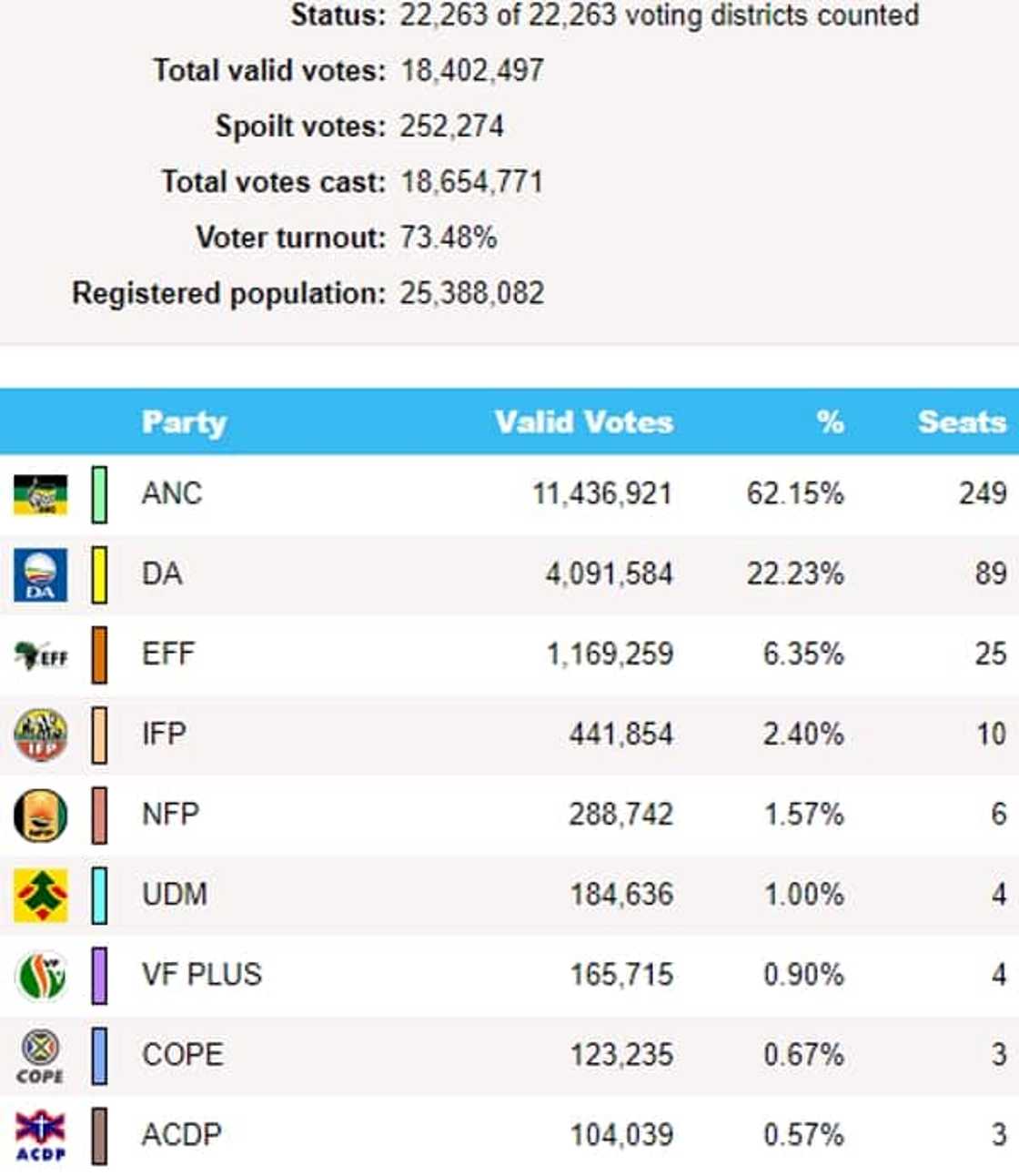Rise of the Red Beret’s: How the EFF became a major political force
- The Economic Freedom Fighters (EFF) was officially formed on 27 July 2013 by Julius Malema and Floyd Shivambu
- The EFF contested its first national election just under a year later, instantly becoming the third largest party in Parliament after receiving 1.169 million (6.35%) of the vote
- Despite this relatively minor national representation the EFF has become a political tour-de-force in South Africa and has targeted a massive 9 million votes in 2019
PAY ATTENTION: Click "See First" under the "Following" tab to see Briefly news on your News Feed!
The Economic Freedom Fighters (EFF) was officially formed on 27 July 2013 by Julius Malema and Floyd Shivambu. Both men were expelled from the African National Congress Youth League (ANCYL) for bringing the league into disrepute.
Malema was the ANCYL president at the time, while Shivambu was its spokesperson. The pair formed a dynamic duo which has propelled the EFF from a fledgeling small outlying political entity just barely five years ago to a political tour-de-force with some serious clout and ambition heading into the 2019 general election.
READ ALSO: Floyd Shivambu did not pay attention to Brian’s business until VBS scandal
Malema is currently the leader or in EFF speak the commander-in-chief of the party while Shivambu serves as his deputy. The pair has built up a loyal and dynamic team around them which includes national spokesperson Mbuyiseni Ndlozi and political heavyweight Advocate Dali Mpofu who serves as the EFF’s chairperson.
Briefly.co.za gathered that Malema recently informed his national, provincial and regional leaders that he wanted the EFF to secure at least nine million votes in the 2019 general election, one million votes per province.
While this figure might look achievable if looked at in isolation a glance at historical voting data in South Africa shows just how ambitious this target is.
The EFF leadership are undoubtedly emboldened by the party’s early and immediate electoral success. The EFF managed to attract 1.169 million or 6.35% of the national vote in the 2014 election which took place just under a year after the party was formed.

Source: UGC
The result meant the EFF immediately became the third largest party in Parliament with 25 seats in the National Assembly. The EFF managed to outperform established names such as the IFP, Cope and the UDM.
Since taking its place in Parliament the EFF has more times than not punched way above its political weight and has brought a –some would argue much needed- disruptive presence to South African politics.
The 2016 municipal elections only served to further embolden the party. While municipal elections are not a reliable indicator of national support because of low voter turnout it is worth noting that the EFF received 1.217 million votes.
Crucially the party received enough votes in key metros throughout the country to become kingmakers. The ANC and DA had to woo the EFF in order to form coalition councils. This once again gave the EFF an outsized voice compared to its actual size.
Now, to put the nine million votes Malema wants into context. On a national level, the ANC which received 62% of the national vote in 2014 is the only party to have received more than nine million votes with a final tally according to the IEC of 11 436 921.
In the 2009 general election, the ANC received 65% of the vote with a total of 11 650748 while the DA managed to secure 2 945 829 votes.
These figures indicate that it would be highly unlikely that the EFF will come close to Malema’s target unless the party manages to a) attract new voters to the South African system and b) poaches a large number of voters from the ANC and other smaller parties.
PAY ATTENTION: Save mobile data with FreeBasics: Briefly is now available on the app
Given the confidence within the EFF, its leadership might well believe this is exactly what will happen. The party has played a massive role in reshaping the political landscape since the departure of former president Zuma.
The EFF has taken credit for various policy’s which the ANC-led government has embarked on, most notably the very probably amendment of the Constitution to allow for land expropriation without compensation.
Malema has been quick to point out in recent months that the EFF, not the ANC was the driver behind policy decisions in South Africa and that his party was in effect running the show from the backseat.
Will the EFF reach its lofty goal of nine million votes? It might seem unlikely but we live in the age of President Donald Trump and Brexit, so all bets are off. Does it matter if the EFF doesn’t reach its target?
Not really, the party will continue to play the role it has carved out for itself on a national and provincial level.
READ ALSO: Floyd Shivambu: Brian is willing to pay back R16 million to VBS
Do you have a story to share with Briefly? Visit our Facebook page where you can send us a message or leave us a comment. Your story could be shared online.
For more amazing, funny and informative videos, please visit Briefly South Africa's YouTube Channel.
To stay up to date with the latest news, download our news app on iTunes or GooglePlay today.
Source: Briefly News

